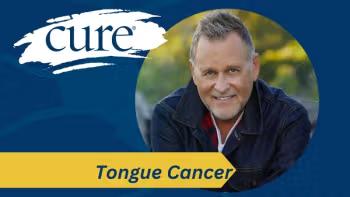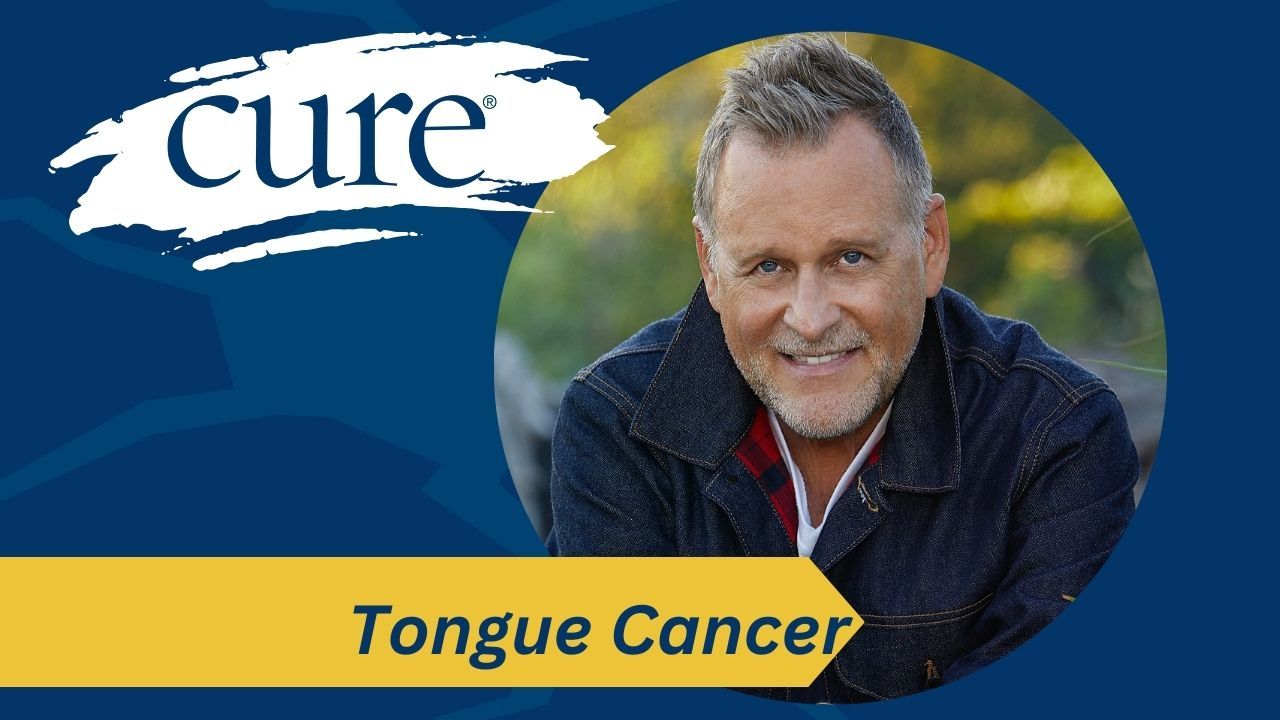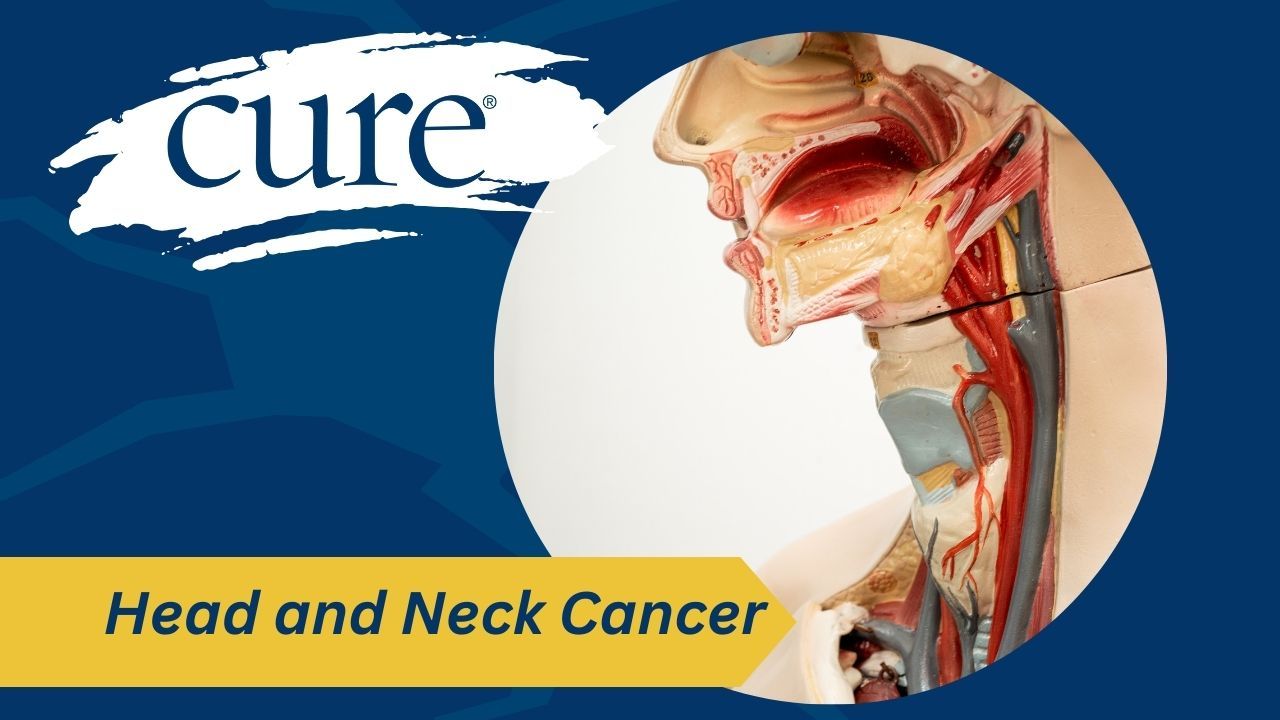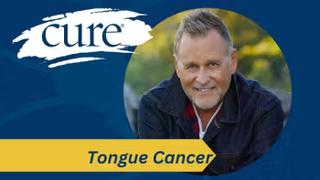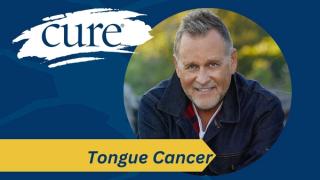
Head & Neck Cancer
Latest News
Video Series

Latest Videos
Shorts

Podcasts
More News

Understand your stage 2 oral cavity cancer diagnosis, explore primary treatment options and get key questions for your oncologist.

In PD-1/PD-L1-pretreated recurrent/metastatic head and neck squamous cell carcinoma buparlisib and paclitaxel was not associated with a survival improvement.

The FDA has granted breakthrough therapy designation to ficerafusp alfa with Keytruda for some patients with head and neck squamous cell carcinoma.
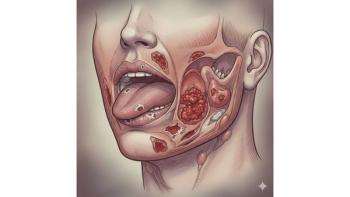
Understand why early detection gives you the best chance, explore your surgery or radiation options, and plan for survivorship with oral cavity cancer.

An LED-based intraoral device was safe and reduced severe oral mucositis and throat pain in patients receiving radiotherapy for head and neck cancers.

The FDA has granted fast track designation to the investigational drug CRB-701 for recurrent or metastatic head and neck squamous cell carcinoma.

This guide for newly diagnosed patients provides key information to help you understand your options and have informed conversations with your oncologist.

In HPV15-positive first-line recurrent and/or metastatic head and neck cancer, PDS0101 and Keytruda elicited median overall survival more than three years.

Greek yogurt, egg salad, avocado and mac and cheese are easy-to-swallow, high-calorie foods that can help patients maintain strength during cancer treatment.

Keytruda was approved for locally advanced head and neck cancer before and after surgery, showing improved event-free survival versus standard care.

Adjuvant Opdivo, cisplatin and radiotherapy improved DFS vs other treatment among those with locally advanced squamous cell carcinoma of the head and neck.

GLP-1 drugs lowered rates of obesity-related cancers and death versus DPP-4s, with no increased cancer risk, study finds.

First-line treatment with a Keytruda combo had an overall survival of 17.6 months in some with recurrent/metastatic head and neck squamous cell carcinoma.

In advanced head and neck squamous cell carcinoma, evorpacept and Keytruda didn’t meet the primary endpoints of the ASPEN-03 and ASPEN trials.

The FDA has approved penpulimab-kcqx with chemotherapy and as a single agent for some patients with nasopharyngeal carcinoma.

KSQ-004EX is being evaluated in solid tumors including melanoma, non-small cell lung, head and neck, colorectal, pancreatic and cervical cancer.

Dr. Lillian L. Siu discussed potential risk factors and treatment strategies associated for patients with head and neck cancer.

April is Head and Neck Cancer Awareness Month, and it is important to be aware of early signs and symptoms of the disease, as well as when to seek care.

A patient with HPV-positive head and neck squamous cell carcinoma was dosed in a phase 1 clinical trial evaluating APR-1051.

Favorable initial results from a phase 1/2 trial of solnerstotug in PD-L1–resistant tumors showed a 14% response rate and 62% disease control rate.

EVM14 received FDA clearance for clinical trials, marking Everest Medicines’ first in-house developed therapeutic to reach this stage.

The FDA accepted for priority review a supplemental Biologics License Application for Keytruda for resectable locally advanced head and neck cancer.

Ficerafusp alfa enters phase 2/3 trial for recurrent/metastatic head and neck cancer, evaluating its combination with Keytruda for first-line treatment.

From the death of a Netflix actress due to stomach cancer complications to an NFL star sharing his chemo experience, here is this week’s cancer news.

A phase 3 trial is evaluating ASP-1929 photoimmunotherapy plus Keytruda in first-line treatment for recurrent head and neck squamous cell carcinoma.


